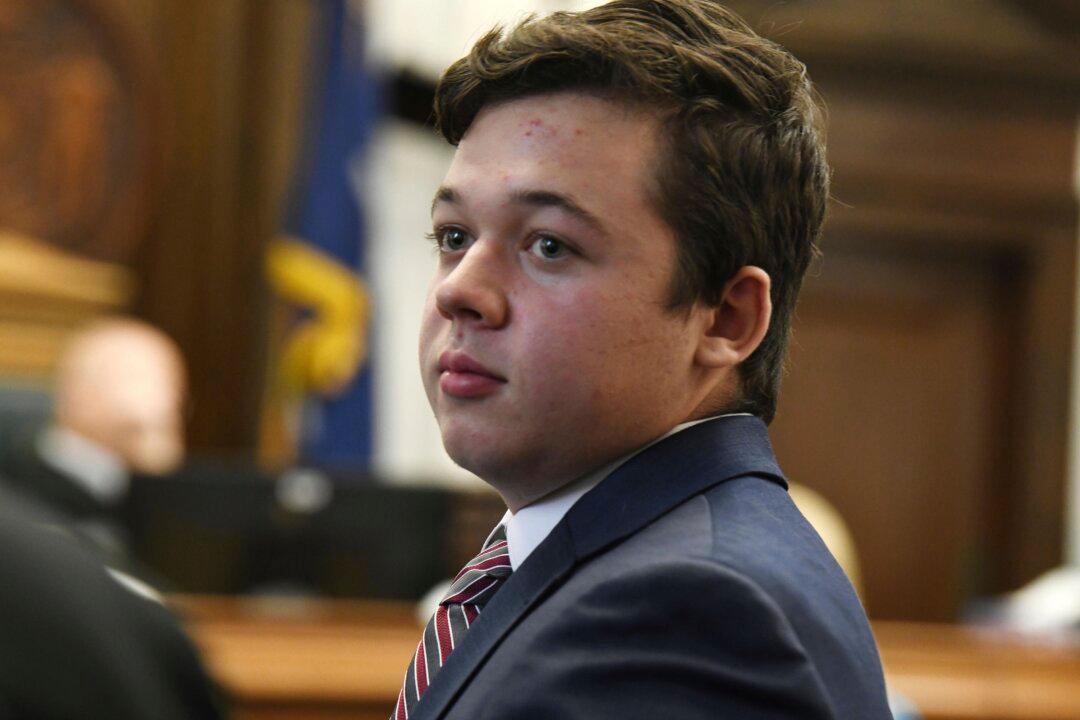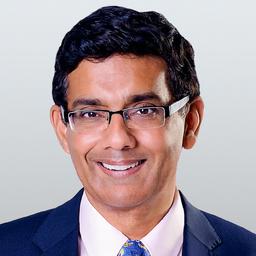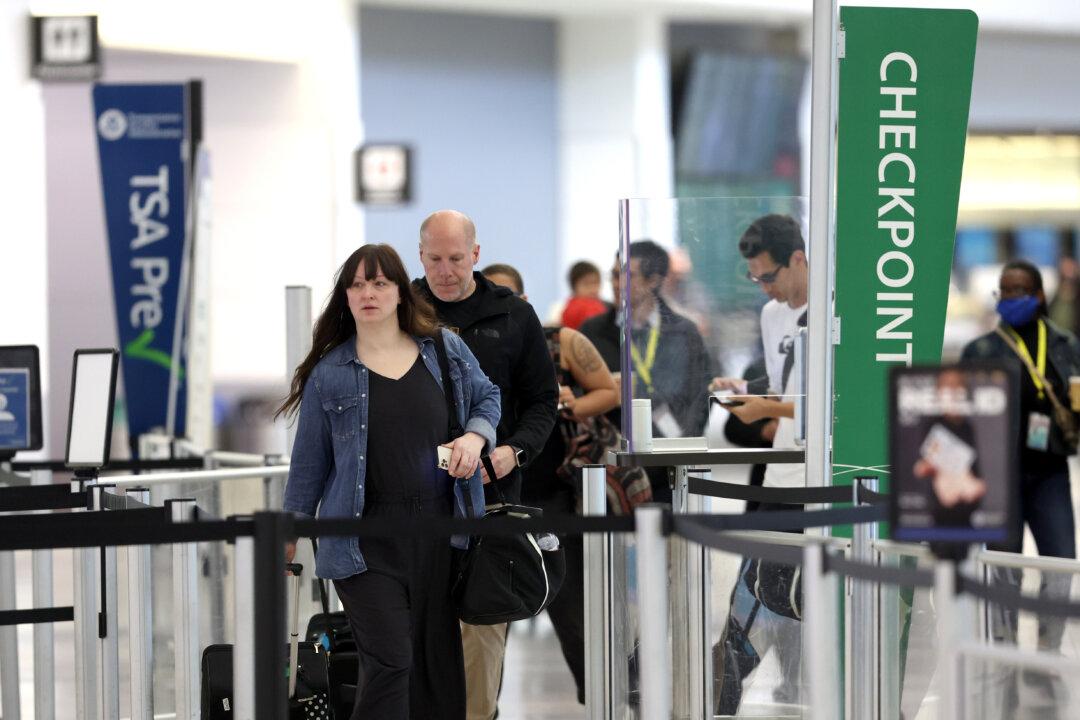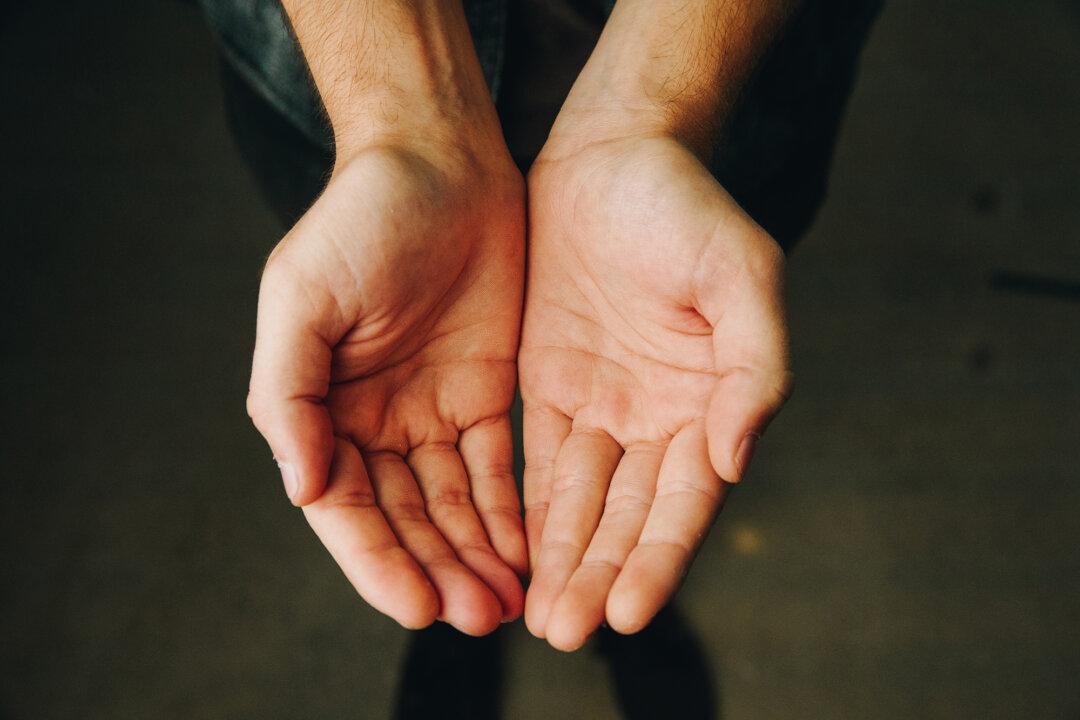Commentary
Kyle Rittenhouse, whose trial begins today, is accused of murder in the fatal shootings of Joseph Rosenbaum and Anthony Huber. He’s also accused of several lesser charges, including the wounding of Gaige Grosskreutz. It seems, however, that Rittenhouse has a strong case for self-defense and, even more important, he has a fair judge adjudicating the case.





